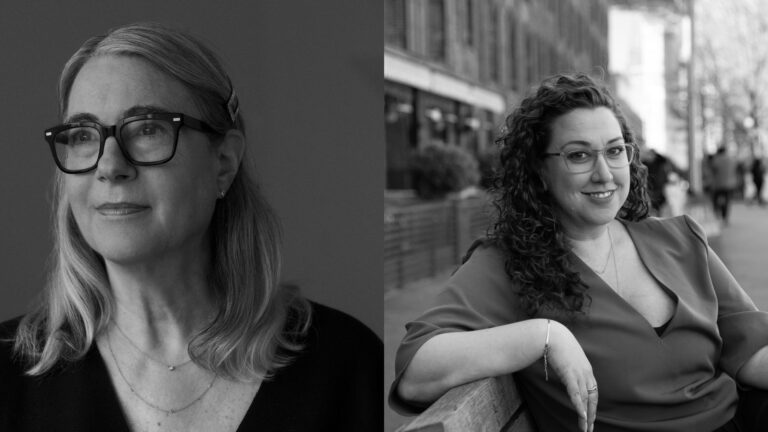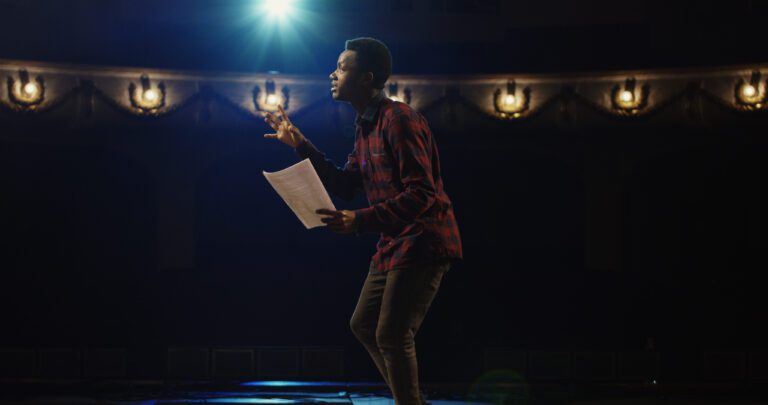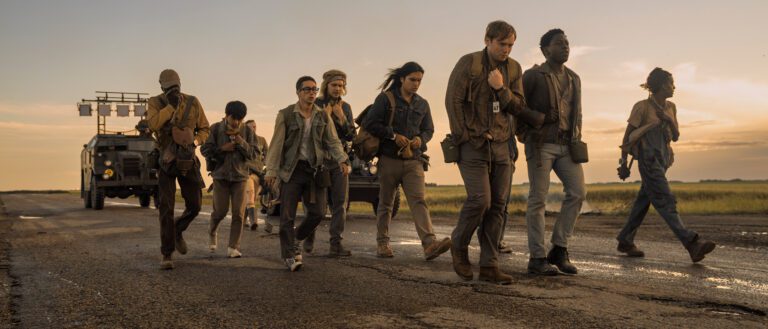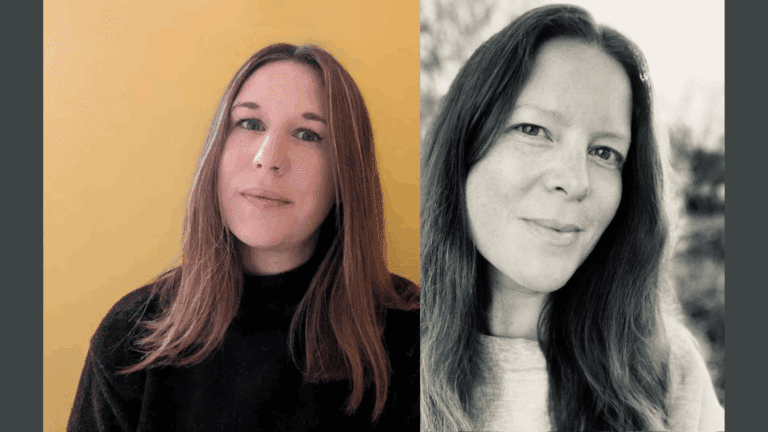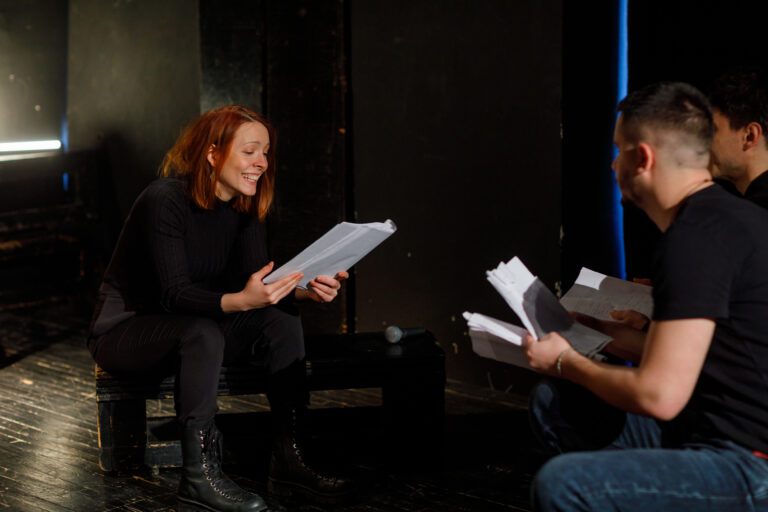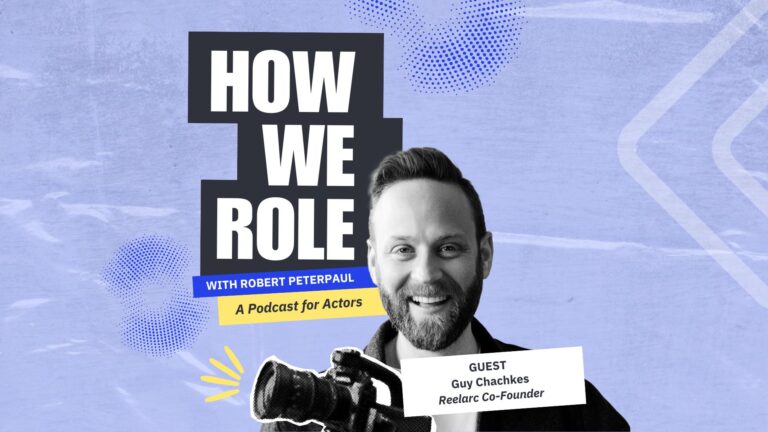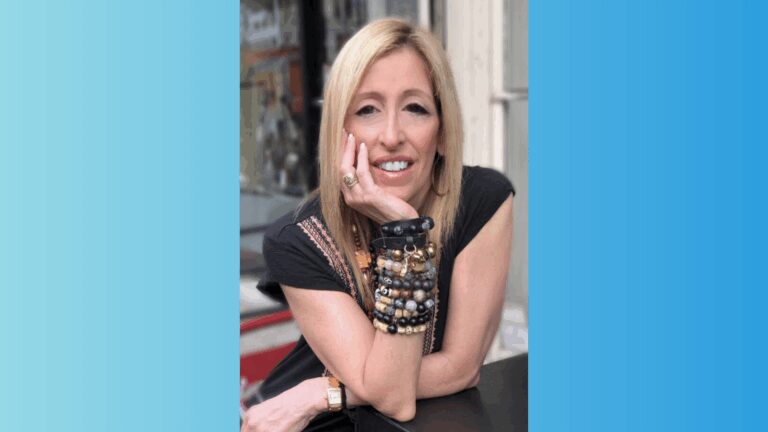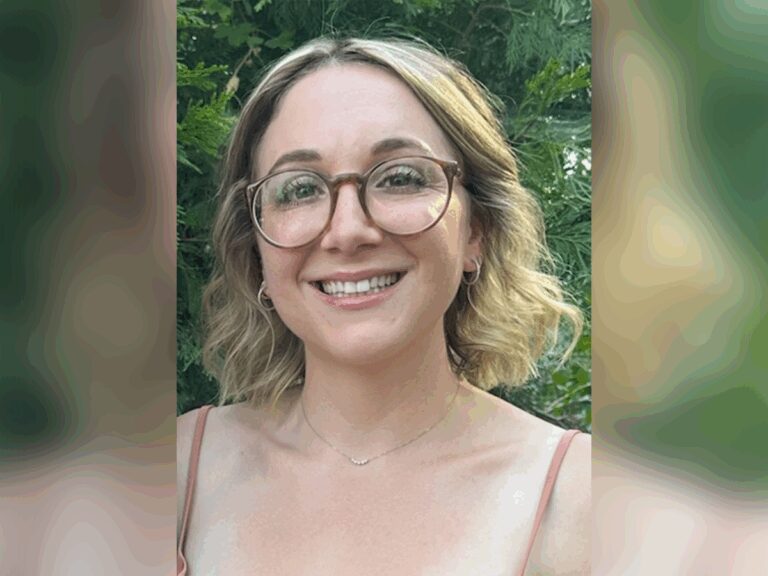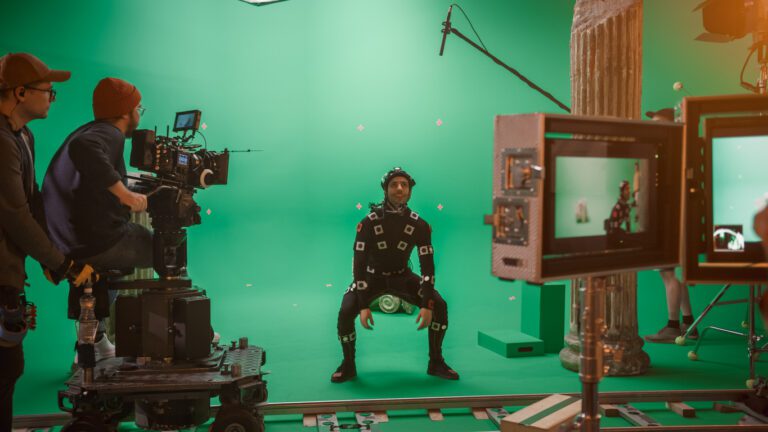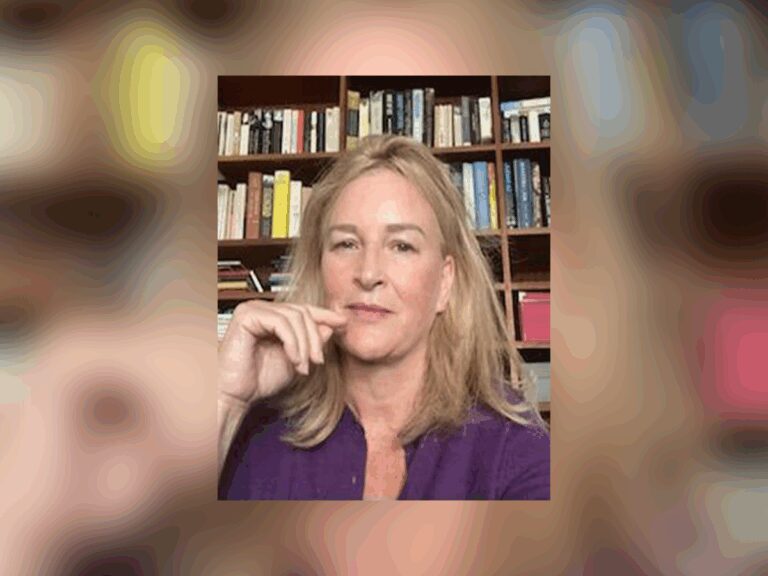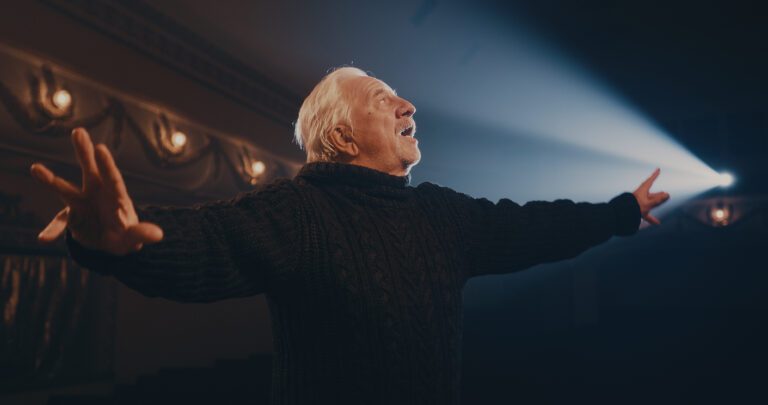As casting directors go, they don’t come much bigger or more legendary than Ellen Lewis. A disciple of Woody Allen’s longtime casting director Juliet Taylor, Lewis has forged a remarkable career over the last four decades, working regularly with Allen and other little-known filmmakers like Mike Nichols, Martin Scorsese, Steven Spielberg, Jim Jarmusch and Scott Frank. Since 2019’s HBO original film Bad Education, starring Hugh Jackman, she has repeatedly shared a casting credit with her longtime associate, Kate Sprance, with whom she won an Emmy for Frank’s 2020 Netflix limited series, The Queen’s Gambit.
The pair’s latest project is Scarlett Johansson’s directorial debut, Eleanor The Great, starring June Squibb, Chiwetel Ejiofor, Erin Kellyman and Jessica Hecht. A big hit at both the Cannes and Toronto International Film Festivals this year, the drama about a 94-year-old widow who tells a tale that takes on a dangerous life of its own, opens nationwide September 26. They spoke to us from their New York office.
Key Insights
- Longstanding relationships shape opportunities – Ellen Lewis’ decades of industry experience and prior connection with Scarlett Johansson helped secure her involvement in Eleanor The Great.
- Casting blends intuition with timing – Ejiofor’s pivotal role was secured through fortunate timing, while Erin Kellyman emerged from a mix of instinct and standout auditions.
- Authenticity enhances storytelling – Rita Zohar, a Holocaust survivor, brought profound depth to her role, demonstrating how lived experience can elevate character work, even when not a requirement.
How did you first get on the project? It must’ve been a big gamble, working with a first-time filmmaker with no on-set experience.
Ellen Lewis: (Laughs) We had worked on Fly Me to the Moon for Greg Berlanti, but of course I’ve known Scarlett over many, many years, even from the time when I was Juliet Taylor’s associate and assistant, and Scarlett was a kid. But definitely Fly Me to the Moon was what really connected us, because her producers also were producers on that. And this was a lovely script, so I was really thrilled that she asked us to do it.
Kate, how long have you been working with Ellen?
Kate Sprance: I’ve been working with Ellen for 13 years. Our first shared credit was Bad Education, but I’m just always grateful to work with her, no matter what my position is. So long as she wants to have me.
Well, it certainly seems like it’s a good team. Was June on board when you came on?
EL: She already was attached, which was fantastic. Obviously, we’re huge fans, and when I was Juliet’s assistant and associate for many years, I met June in the office. She would come in for things, and then when I went out on my own, I cast June in Scent of a Woman, and she’s wonderful in that fantastic scene with all the students there and such. I cast her in small things over the years, and hers is just a wonderful career for actors, to see someone who’s always been a fantastic actor and now getting well known in her late 80s and now into her 90s? I mean, it can happen at any time. You [never] know.
Chiwetel Ejiofor’s role was interesting to me, because it didn’t seem like there was a lot to it for most of the movie. Then of course he has this fantastic speech at the end and it all makes sense. Was that a challenging role to cast?
EL: It really was. There were other people in discussion, and then, as can happen in the casting process, you’re waiting to hear from people, and luckily, the producers were in touch with Sony Pictures, and knew that suddenly he became available. It’s one of those kismet moments where the perfect person gets cast in the film.
Speaking of perfect, what was the process of bringing Erin Kellyman on board?
KS: When we were reading the script and thinking of people for the dad, our associate, Leah, and I thought of her at the same time. I had seen her in a non-musical version of Les Miserables, and remembered [her] from that. Then I recently watched Willow, and she just popped in my head. She did really beautiful auditions.
EL: But yes, that is a role where you cast a wide net, but then, just as Kate’s saying, [she’s] such a gifted actress that Kate and Leah knew and loved, and was just so perfect for this part. It’s really thrilling seeing her on screen. She’s so gorgeous in every way.
Her chemistry with June is amazing. Is that a situation where you had the two of them in a room before you cast Erin? Or did you just put them together and hope for the best?
EL: That’s correct, we just put them together. We just recently met Erin. We hadn’t even met her in person.
That’s interesting. Do you find that your job is harder or easier with the way the work has changed recently?
EL: I think it’s different, and maybe easier. As much as actors might complain about this process of Zoom or self taping, it gives so many more actors an opportunity than they would have had where we’ve seen people in person, because you’re not going to necessarily see 60 people for a role.
Rita Zohar is not somebody I recognized, but she is wonderful as Bessie.
KS: We put a breakdown out and requested tapes. She was an actual Holocaust survivor. She was born in one of the camps and then went to Israel and had a wonderful film career there. We were just so lucky that she was submitted by her agent, and then gave a beautiful, beautiful reading. We’re grateful that she is in it.
Were you looking for someone who might have been a survivor?
EL: We weren’t. That was not a stipulation at all in the description of the character. I think the agent made a note when they submitted her so that we knew when we were reading her that she was, but it wasn’t a requirement. There were wonderful actors actually submitted for that role, but obviously there was an authenticity to Ms. Zohar, and she’s a phenomenal actress. The wonderful thing about acting and actors is that careers can span many decades, as we talked about with June.
Another example of that kind of actress is Jessica Hecht, who has been doing great work for a very long time.
EL: She’s an actress that we admire so much. She’s here in New York, obviously, and she does theater as well as film, and we just couldn’t be happier that she is playing June’s daughter in this movie. I admire Jessica so much.
KS: Scarlett had worked with her before. They had done the Broadway play together, A View From the Bridge.
Do you find that these projects are special because you’re able to work with character actors or people that you’ve known for years, and give them great roles? Or does that not factor in?
EL: No, I think that no matter what we’re working on, the most important thing with any project, no matter the size or what it is, is starting afresh every time, as if you don’t know people and you’re opening your mind to whatever the world is that the piece is about, or that the director is looking to collaborate with us on. As you know, after the script, we’re really the first people brought on to a project, and it’s just very important to be able to work with a director to understand what their vision is of it, and keep our minds open to people we know, as well as new people. Because you are introduced to new people all the time, and that’s one of the most exciting things about casting.
When you finish a job like this, and you clearly do it really well, do you allow yourself to appreciate it and give yourself a pat on the back? Or is it more, “Okay, on to the next?”
EL: I don’t think it’s ever, “We did it, on to the next.” You have to realize that we started a project at the beginning, and then months go by while something is being shot and edited and released. So we are on to our next project, because that’s the nature of our job. What’s so fulfilling is when something is completed and a director is happy with what they’ve created, and other people are happy with the piece. That’s one of the most exciting things about our job. But it’s many months after work we have done, because we’re at the very beginning.
First ones in, first ones out.
EL: Yeah, exactly.
KS: We hopefully have done our part, and then you never know what’s going to turn out. Later on, we get to see the magic of the movie, and you get to revisit it and say, “Oh, this is so exciting to see all the people come to life and the characters in front of us.” So it’s always a fun thing later.
So you get the bonus of finishing a job feeling good, then however long later, you get to experience it and get the joy again the second time around.
EL: (Laughs) That’s a good way to put it.
Key Takeaways
- Strong collaborations between casting directors and filmmakers set the foundation for authentic, resonant storytelling.
- The rise of self-taping and remote auditions has broadened access for more actors, increasing opportunities and diversity in casting.
- Great roles can come at any stage of an actor’s career, highlighting the importance of perseverance and openness in the industry.
You may also like:

